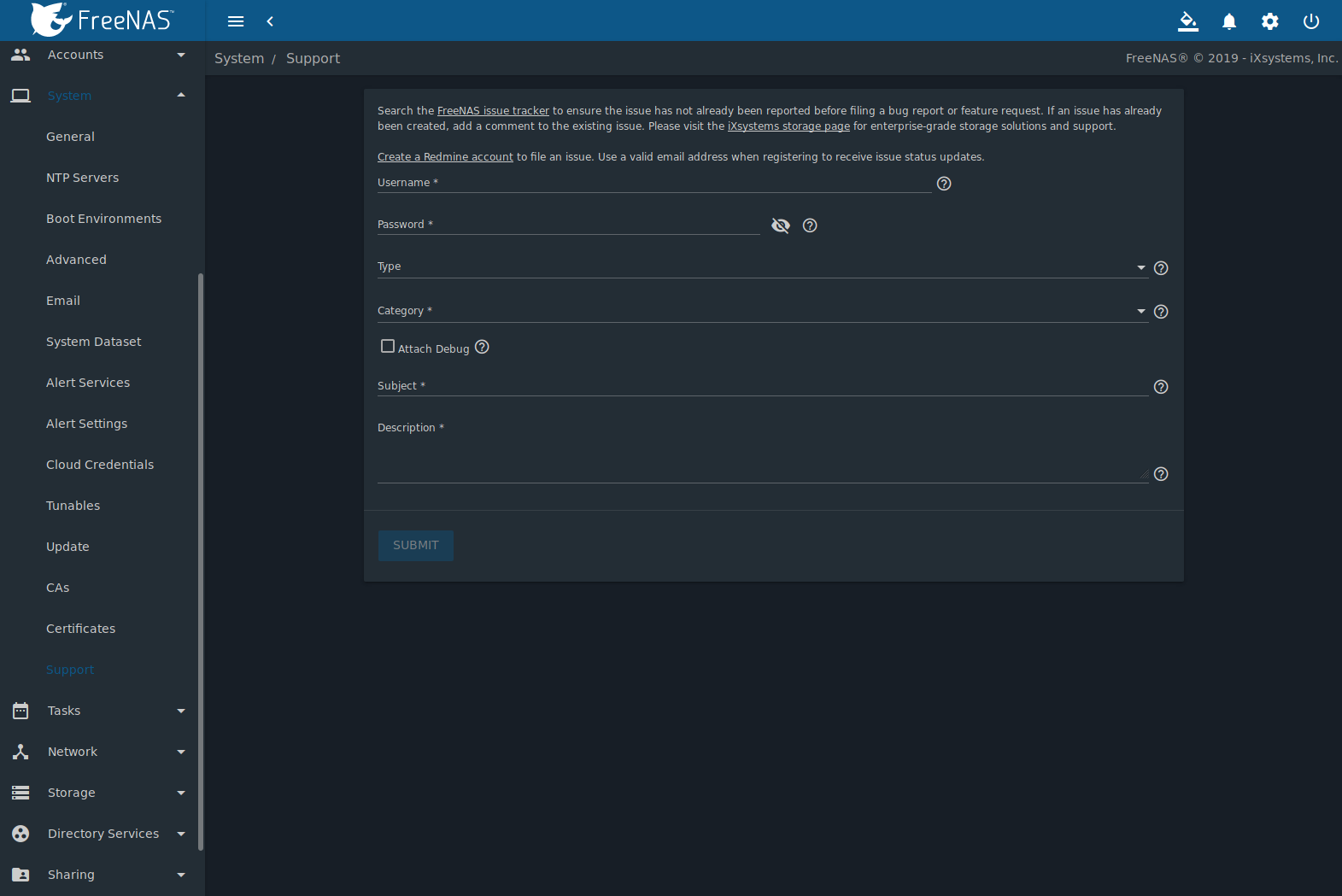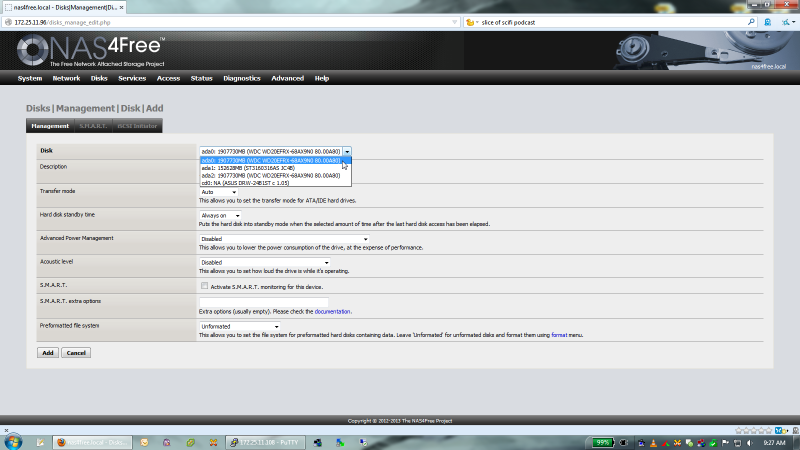

11.2 which offers TRIM support on RAID 0 compatible with Windows 7 on Intel 7 series chipsets (earlier chipsets are officially orphaned by Intel).But you can mod RST or MSM oROM to support "TRIM on RAID 0" on ICH8R and up. Last version to officially support ICH9R.(Supermicro X7SPA-L) This version is the first to support RAID arrays made of HDDs with over 2.2 TB. Standard on Intel Z68-based motherboards. The product name was changed from "Intel(R) Matrix Storage Manager" to "Intel(R) Rapid Storage Technology" Latest version with WIN XP support, data loss risk: no S.M.A.R.T.support for newer HDD/SSD

Standard on Intel X58-based motherboards. Included on P965 chipsets with ICH8R southbridge Īn Intel document notes that Matrix RAID storage changed to RST (Rapid Storage Technology) beginning with version 9.5. Īs of 2014 Intel uses "Rapid Storage Technology" -"Option Rom"- on its new chipsets, dropping the "Matrix" name. The Intel Matrix Storage Manager (IMSM) option ROM is a part of Matrix RAID that has to be used in the BIOS to create new RAID arrays. PGPDisk does not support Intel Matrix RAID based on Intel ICHxR, and does not support standalone drives if the "RAID" mode is enabled on the motherboard. VMware ESXi 4 does not support any RAID function nor Intel Matrix RAID based on Intel ICHxR controllers. Some of these problems, when experienced in combination, could result in the loss of an entire array (even in the case of RAID 1).

However, with older versions of FreeBSD there were critical reliability issues which include array device renaming when a disk in an array is replaced, an array being considered healthy if the machine reboot/crashes during an array rebuild, and kernel panics when a disk is lost or is removed from the bus. įreeBSD and MidnightBSD support Intel Matrix RAID using the "ataraid" driver, managed through the atacontrol command. Set up of the RAID volumes must be done by using the ROM option in the Matrix Storage Manager, then further configuration can be done in DM-RAID or MD-RAID. Linux supports Matrix RAID through device mapper (DM-RAID) for RAID 0, 1 and 10, and Linux MD RAID for RAID 0, 1, 10, and 5. The older "Intel Matrix RAID" is supported under Microsoft Windows XP. "Rapid Storage Technology" (RST), including creation of RAID volumes, works under Windows 7 and newer versions of Microsoft Windows.

Like all RAID (Redundant Array of Independent Disks), Intel RST RAID employs two or more physical hard disks which the operating system will treat as a single disk, in order to increase redundancy which avoids data loss (except RAID 0), and/or to increase the speed at which data is written to and/or read from a disk.
Softraid config on 11.02 of nas4free software#
Online forums and communities exist which compare the benefits of different versions of these, advise as to best compatibility for specified hardware, and modify existing firmware and software to allow optimal combinations or updates beyond those provided by the hardware manufacturers. As such, the chipset, the firmware included in the BIOS, and the software installed by the user, must be compatible versions. Intel RST is provided by a combination of firmware, chipset and CPU capabilities, and software. Intel RST comes in two variants, RST for desktops, and RSTe ( VROC is a part of Intel RSTe ) for enterprise scenarios, although for many chipsets, the user can choose as both variants will operate correctly. As of 2020, it includes a RAID system capable of RAID levels 0, 1, 5, and 10, a block level SSD caching accelerator (" Smart Response Technology") with support for write-back and write-through modes for speed or data protection of any disk or RAID array, and support for intelligent caching, speedy recovery from certain issues, and for PCI Express based drives. Intel Rapid Storage Technology ( RST), until 2010 called Matrix RAID, is a firmware-based RAID solution built into a wide range of Intel chipsets.


 0 kommentar(er)
0 kommentar(er)
